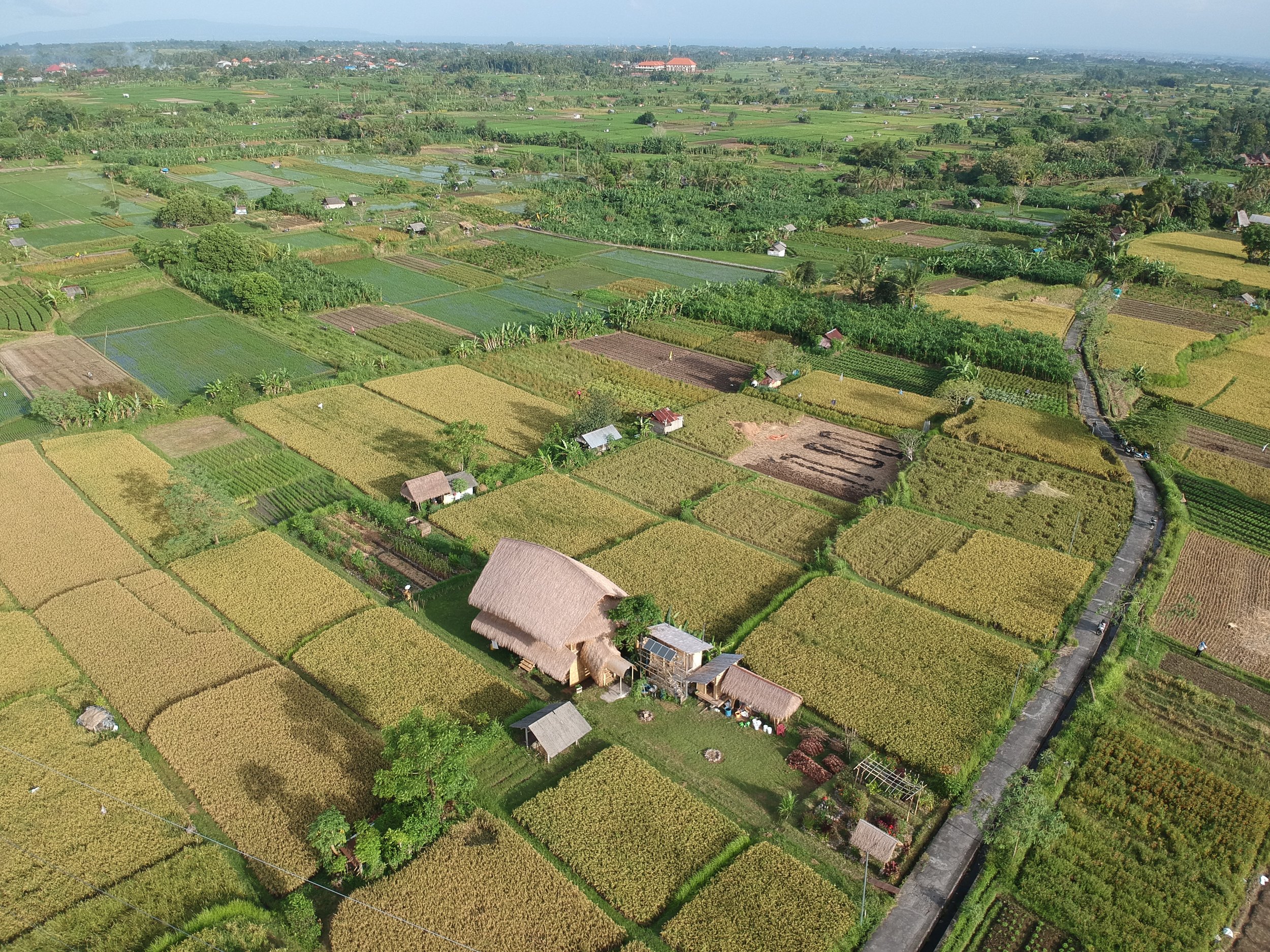
reNature x Astungkara Way
For our first project outside of Hong Kong and China, we’ve teamed up with reNature to support the farming community of Astungkara Way in scaling up regenerative rice production in Bali.
Founded by Tim, Tanguy and a team of nine passionate regeneration heroes, eight of whom are Balinese, Astungkara Way is a co-op of 220 farmers stewarding approximately 100 hectares of farmland. Together, they’re working to strengthen economic and environmental resiliency, build above and below ground biomass as well as increasing carbon sequestration on their land. For this project, farmers will be taught to grow a wide range of tropical fruits and medicinal plants alongside sustainable rice cultivation that works in harmony with nature.
This year-long partnership commences in January 2023 with reNature providing the expertise on the ground. As an established, technical assistance-based regenerative agriculture consultancy (RA), reNature supports farmers, their communities, and corporate companies to demonstrate the added on value in the supply chain yielded through RA practices.
On and off the field, reNature relies on various partners with whom they co-develop protocols for data collection, analysis, interpretation, and reporting. ZFPA’s model works similarly in that we believe farmers worldwide deserve a long-term, profitable future. With our combined efforts, ZFPA’s Restore grants crowdfunded via our restaurant partners will allow us to establish a pipeline of projects, deploy capital, and utilise reNature’s expertise optimally to scale land regeneration projects in Asia.
“We are very excited to be working with an organisation like ZFPA, who work to create awareness with consumers in the hospitality industry. We see this as a really exciting opportunity to directly introduce consumers to the journey of the farmers we are working with,” says Emily Franklin, ReNature’s Project Manager for Astungkara Way. By working together, we allow farmers in Southeast Asia to adopt regenerative practices through access to finance (from ZFPA pledgers!), tools and resources for implementation, and last but not least, the know-how for capacity building.
Based on initial research on existing scientific literature, it is estimated that the project will sequester over 48.4 tons of (above-ground) carbon per hectare, which translates to a total of 4162.4 tons over the next 7 years (Budiadi & Ishii, 2010).
“Astungkara” is a Balinese word for “hopefully” and “god-willing”. With that in mind, we look forward to redefining social-economic relationships and food sovereignty with our partners throughout this journey!
Reference:
Budiadi, & Ishii, H. (2010). COMPARISON OF CARBON SEQUESTRATION BETWEEN MULTIPLE-CROP, SINGLE-CROP AND MONOCULTURE AGROFORESTRY SYSTEMS OF MELALEUCA IN JAVA, INDONESIA. Journal of Tropical Forest Science, 22(4), 378–388. http://www.jstor.org/stable/23616893
Project Updates:










